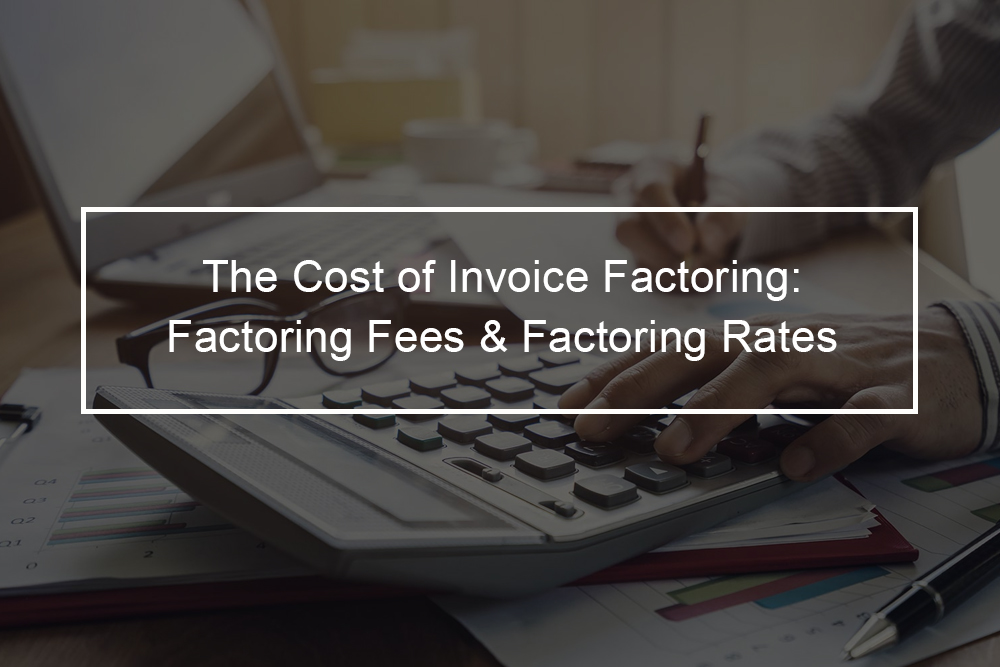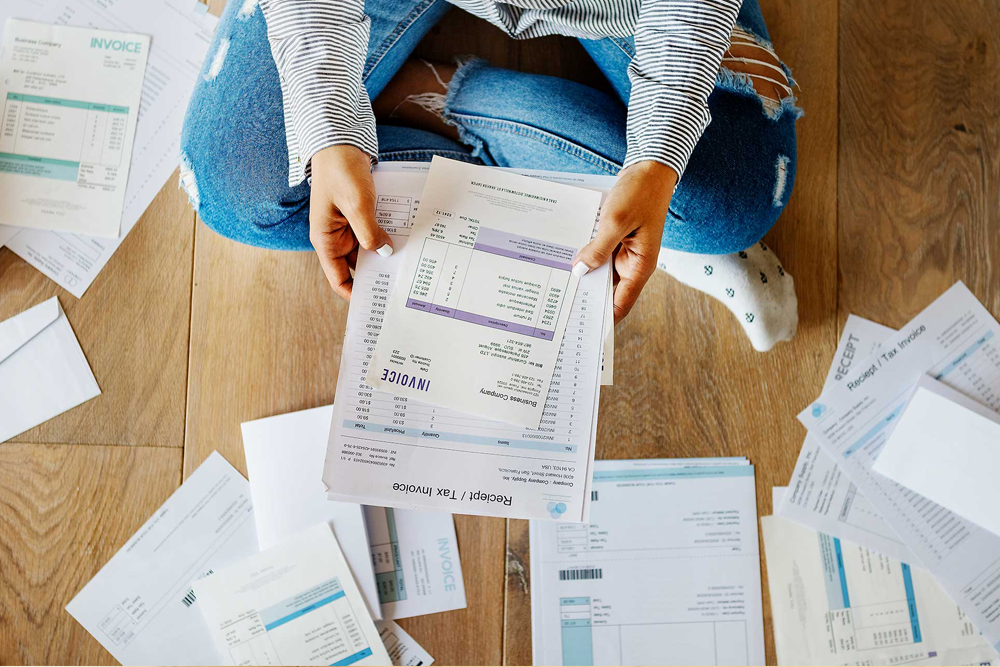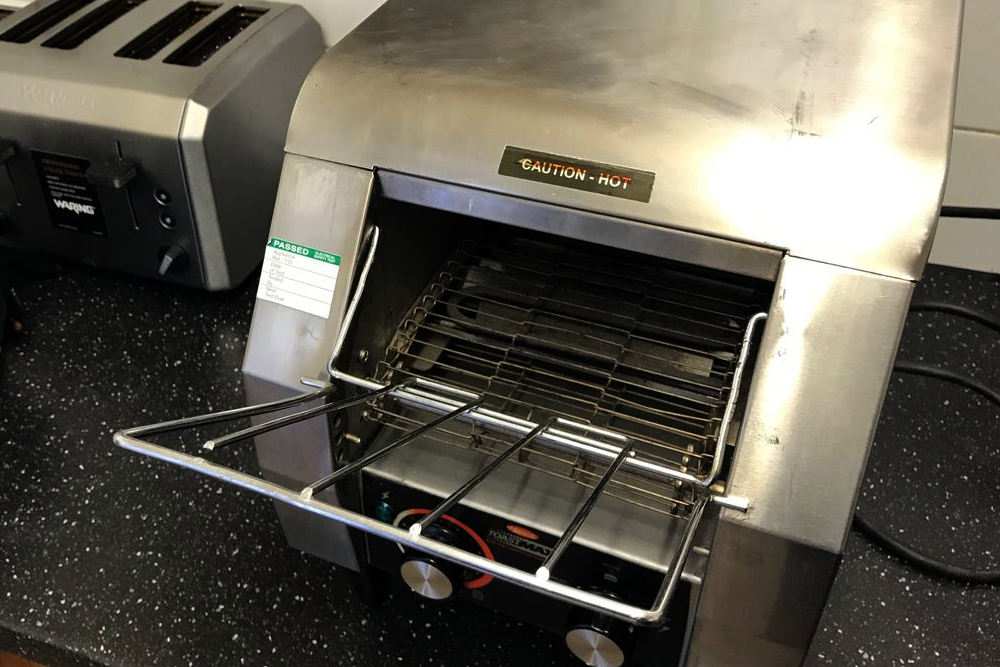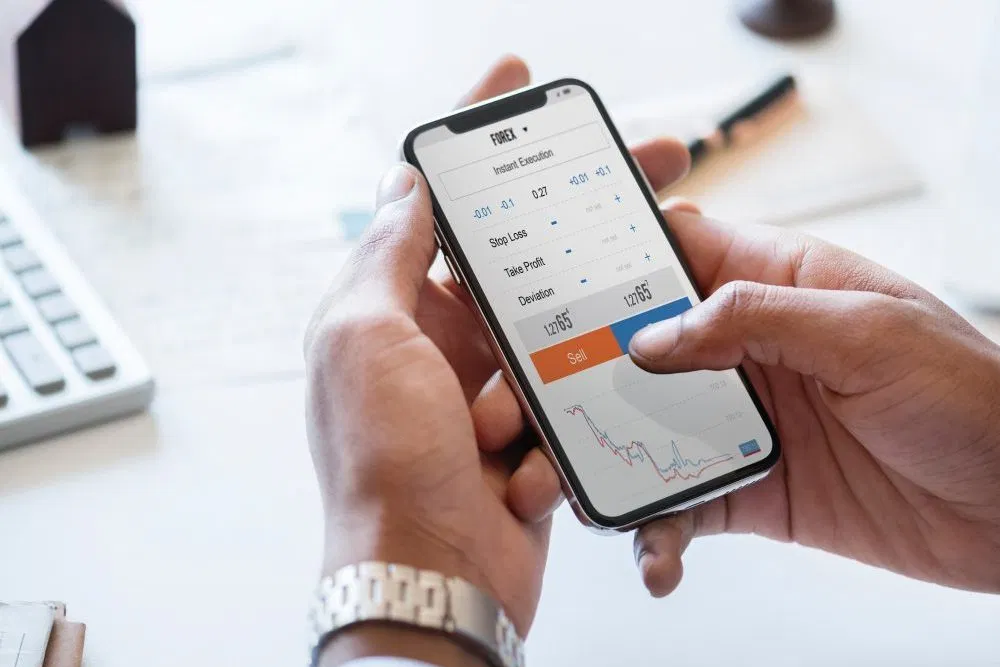Invoice factoring is an affordable alternative to traditional lending. As with any financing arrangement, it is essential that business owners fully understand the cost of factoring and the benefits.
How much do factors charge?
What are the rates of invoice factoring?
Just like any other kind of business lending service, there are fees linked to invoice factoring. Fees vary from factoring company to factoring company, so check with your factor before getting started.
Variable fees vs. Flat Rates
Typically, factoring companies calculate rates utilizing a variable fee format. With variable fees, the factoring company discounts a small percentage (one to three percent) of the invoice for as far as the invoice goes outstanding. So, the longer your client takes to pay, the more you will pay in fees. A factoring company might charge 2-percent for the first thirty days and 0.5 percent for every ten days that the invoice remains unpaid. Fees are usually referred to as invoice discounting rates.
Generally, some factoring companies provide a flat fee format where a one-time fee is charged upfront. With a flat fee format, the fee remains the same regardless of how long the invoice remains open. This kind of rate structure is common in the trucking industry. Based on your industry, one or both of these options might be available and help you control your costs. Invoice factoring fees are also based on whether you choose a non-recourse or recourse factoring program. Non-recourse factoring is riskier for the factoring company, so the costs are slightly higher.
Advance rates
When your business factors invoices, you will generally receive a large percentage of the invoice upfront, and the balance is held in a reserve until your clients pay the invoice.Invoice factoring advance rates vary from one industry to another. Industries that are riskier and tougher to fund, such as construction and medical, can expect advance rates between 60-percent and 80-percent. Advances for general companies and staffing companies can be anywhere from 80-percent to over 90-percent. Those in the transportation industry generally see the highest advance rates, ranging from 92-percent to 97-percent. It is commendable to get quotes from multiple factoring companies to get a good idea of what you should expect to pay for invoice factoring services and to get the lowest invoice factoring fees for your company.
Due Diligence/ Application fee
Some factoring companies charge this fee; some do not. Those that do not might recover this upfront expense by accelerating the initial financing fees. This invoice factoring fee varies highly and can cost anywhere from zero to thousands of dollars.
Closing fee
The factoring company retains a percentage of each invoice, generally 1–3 percent.
Termination and monthly fees
Some factoring companies may require that you sell a specific amount of your invoice every month and sign a long-term contract. If the monthly target is not met, a minimum monthly fee will be charged. Note that terminating the contract early can result in a cancellation fee.
Discount fee
Generally, the cost of paying for your invoices in advance can vary anywhere from 1.5–5 percent of the invoice value per month. This wide disparity is still another reason to check with your factoring company before jumping into a relationship.
What determines the invoice factoring rate?
Invoice factoring rates are calculated depending on several factors:
- Your industry
- The volume of the monthly invoices you wish to factor
- The average size of every invoice you wish to factor
- The creditworthiness of your clients
- The length of time it takes your clients to pay
Average factoring costs fall between 1-percent and 5-percent based on the factors above. Volume plays a huge part in calculating invoice factoring rates. Larger monthly amounts factored equal lower fees. Typically, many factoring companies provide volume discounts.
How is volume determined?
Invoice factoring is a volume-based business, not contrasting the wholesale business. Customers that need larger financing lines (such as higher volumes) get lower prices. Invoice factoring volume is by far the essential variable utilized in determining your rate. Nonetheless, factoring companies also consider the number and size of invoices you have. Customers that need to process a high volume of low-value invoices might have higher-than-average costs. This is because of the amount of labor required to process a high volume of low-value invoices.
Invoice size is significant (an example)
For example, it is simpler for a factoring company to fund a single $30,000 invoice than to fund thirty $1,000 invoices, each to a different client. Both cases total the same amount – $30,000. Nonetheless, processing thirty invoices will take more work than processing one larger invoice.n Whereas having small invoices impacts your cost, it does so only to a particular extent. Let us look at another example. Even though funding ten $30,000 invoices is more work than funding one $300,000 invoice, the rates would be the same. This is because the fees accrued by each individual invoice are enough to cover their associated labor cost.
How is customer risk determined?
Factoring companies assess risk differently. Some factors are more open to risk than others. Nonetheless, they usually look at three elements to determine customer risk:
Your industry
Typically, factoring companies consider your industry when deciding how to structure a proposal. Some fields are considered to have a lower risk. Conversely, they often get better terms. These industries include staffing, consulting, and transportation. On the other hand, some fields are seen as risky or need specialized knowledge from the factoring company. These often get lower advances and higher rates. These industries third-party medical paid healthcare and include.
The stability of your company
Factoring companies consider the stability of your company in their rate decision. Businesses with a reasonably long and stable history are regarded as safe. Conversely, they usually get lower rates. New companies, or businesses with unsteady sales, are regarded as riskier. Accordingly, they usually get slightly higher rates.
The credit quality of your customer
The creditworthiness of your customers is very significant. Nonetheless, it does not play a large role in determining your financing rate. Rather, creditworthiness is utilized in deciding whether or not an invoice from a client will be financed. Your client’s creditworthiness also impacts the size of your financing line and your advance percentage.
What does the cost of invoice factoring offer my business?
Invoice factoring costs include instant access to working capital. Nonetheless, you will see that factoring companies offer more than just instant financing when you start factoring invoices.
Administrative support
If you think it would be useful, your factoring company can perform critical back-office services at no additional fee to you – credit and background checks, for instance, that can quickly eat up your available money. The invoice factoring company will also offer 24/7 online reporting and make collections calls on your behalf so you can stay on top of the cost of factoring to your company. This will enable you to centralize on running your company instead of making sure your clients are paying you and chasing them if they are not.
A route to better credit
Invoice factoring is not a loan, so you can obtain cash without having to add a new line of debt to your business balance sheet. If your business has poor or not yet established credit, you can use invoice factoring to re-establish a strong credit rating and pay down your other outstanding expenses.
Flexibility
Rather than a strict credit line, invoice factoring offers you access to the cash you need whenever you require it! Your financing potential is only limited by your sales and will grow as your business grows. Moreover, you can lower your invoice factoring costs by choosing which invoices to factor and when. Not to mention, invoice factoring will not add debt to your balance sheet.
What is the cost of not factoring my invoices?
Before you ask, “How Much Does it Cost to Factor Invoices?” ask, “What is the cost of not factoring my outstanding invoices?” Whether you are just recovering from financial constraint, starting up, or positioning your business for growth, invoice factoring might make the difference between failure and success. The cost of invoice factoring is designed to put more money into your account – where it can do the most good. Moreover, invoice factoring is a relationship intended to revitalize your company. The services you receive from a factor more than justifies the cost. Typically, you have total control over your invoice factoring costs in two main ways:
- You get to decide which accounts to factor, the number of invoices to send, and when to send them. Provided you fully understand your clients’ payment patterns, you can hold on to an invoice until closer to the anticipated payment date to reduce your invoice factoring costs.
- Focus your efforts on solid paying and reliable customers. When you make excessive use of free credit checks, you can verify that new clients are a good bet and tighten up your clients to only work with those that will truly help your business grow.
Maybe your company cannot qualify for a bank loan – you can still be accepted for invoice factoring in three to five business days. Perhaps a bank loan requires collateral you are unable or unwilling to pledge; invoice factoring does not!














